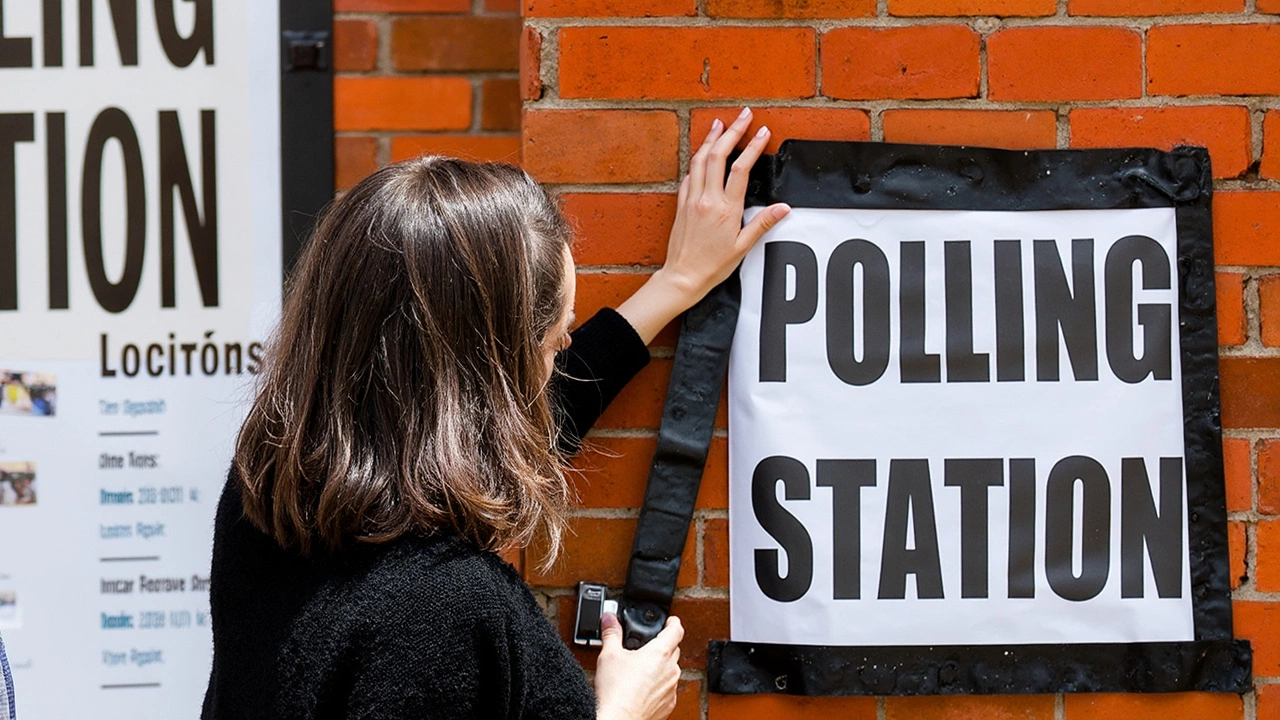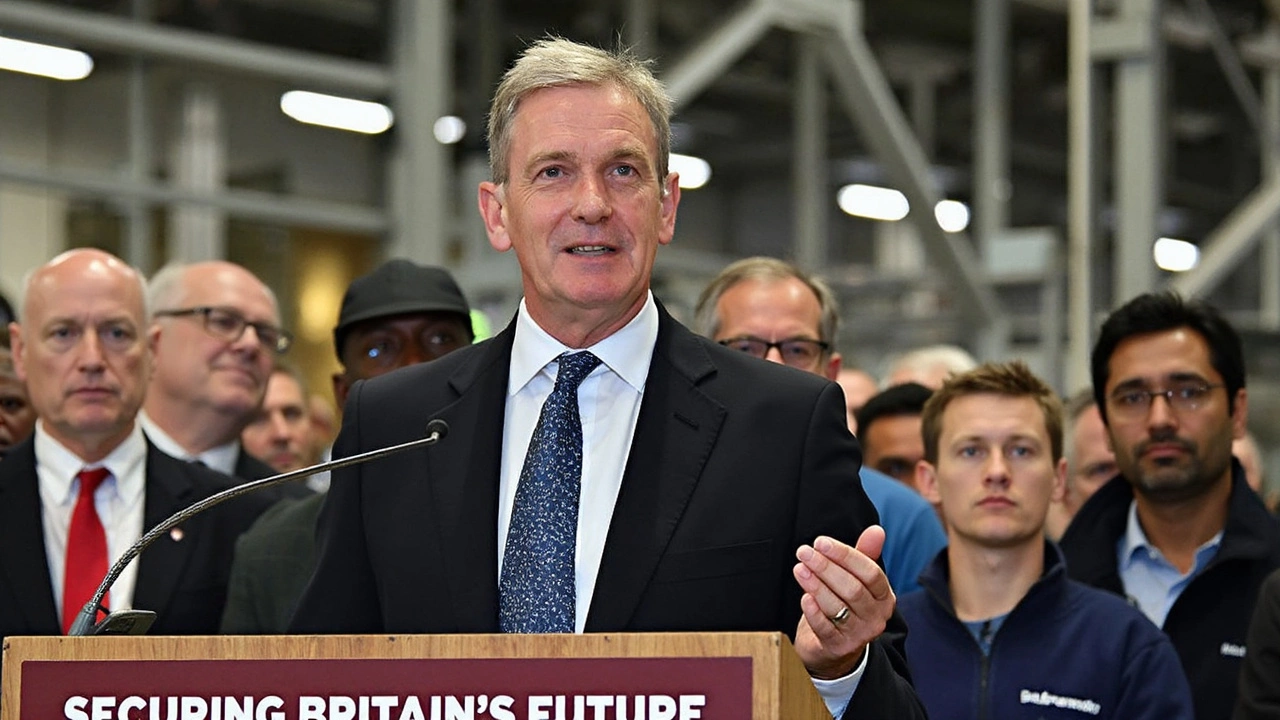UK Plans a Major Shift: Letting 16-Year-Olds Head to the Polls
Teenagers in the UK might soon get the green light to cast their ballots before they can even buy a lottery ticket. The government has unveiled a plan to lower the voting age to 16 for every single public election—from the next general election onwards. It’s a change that pushes the rest of the UK in line with what Scotland and Wales already practice.
Right now, you need to be 18 to vote in England and Northern Ireland, but this reform wants to bring younger voices into the conversation at the ballot box. The idea has been brewing for a while, and many teens, teachers, and youth organizations have been lobbying hard. Supporters argue that if you can get a job, pay taxes, and even serve your country in the armed forces by that age, you should have a say in who leads the country.
The proposal goes even further: teens will be able to sign up to vote from age 14. That gives them two years to get familiar with the system before their first election, helping fight the usual confusion and last-minute rush. The government hopes this will build a lifelong habit of voting and boost future turnout rates, especially among young people who’ve traditionally been the hardest to get to the polls.

Modernizing the System: Digital IDs, Early Registration, and Safeguards
Change doesn’t stop with just the age limit. The government wants to make voting simpler and safer at the same time. Voter ID rules are set to get a digital upgrade. Instead of only accepting traditional documents like passports or paper driving licenses, voters will also be able to use UK-issued bank cards and official digital IDs—from digital driving licenses to the Veteran Card. No more rooting through files the night before an election; a lot more options will be accepted at polling stations.
Meanwhile, there’s a big focus on protecting the integrity of elections. Lawmakers are clearly rattled by stories of foreign political interference—from mysterious donations to shadowy online campaigns. The new package will tighten the rules, making it harder for overseas actors to meddle. Campaigners will also get some backup with stronger safeguards, as cases of harassment and abuse have been climbing in recent years.
The world has also gone digital, and so have political campaigns. That means a lot of ads, petitions, and social media posts can pop up with barely any sign of who’s behind them. The government will now require digital campaign materials to include clear imprints, like a digital label, showing exactly who published and funded the content. The Electoral Commission will take charge of enforcing this, cutting down on the anonymity that’s fueled misinformation and manipulation online.
The minimum age to stand as a candidate isn’t changing, though—it’s staying at 18. So while 16- and 17-year-olds can soon have their say at the polls, those wanting their names on the ballot will still need to wait a couple more years.
If this proposal rolls through Parliament, the next general election could look very different—with a surge of younger faces, new tech at the polling station, and more transparency on every campaign poster and Tweet. The debate now turns to whether these changes will get the green light before the country next heads to the polls.
